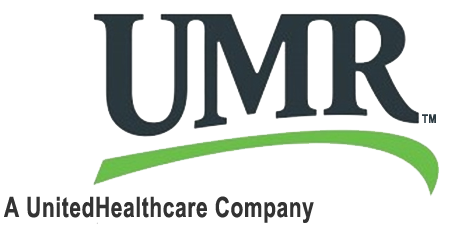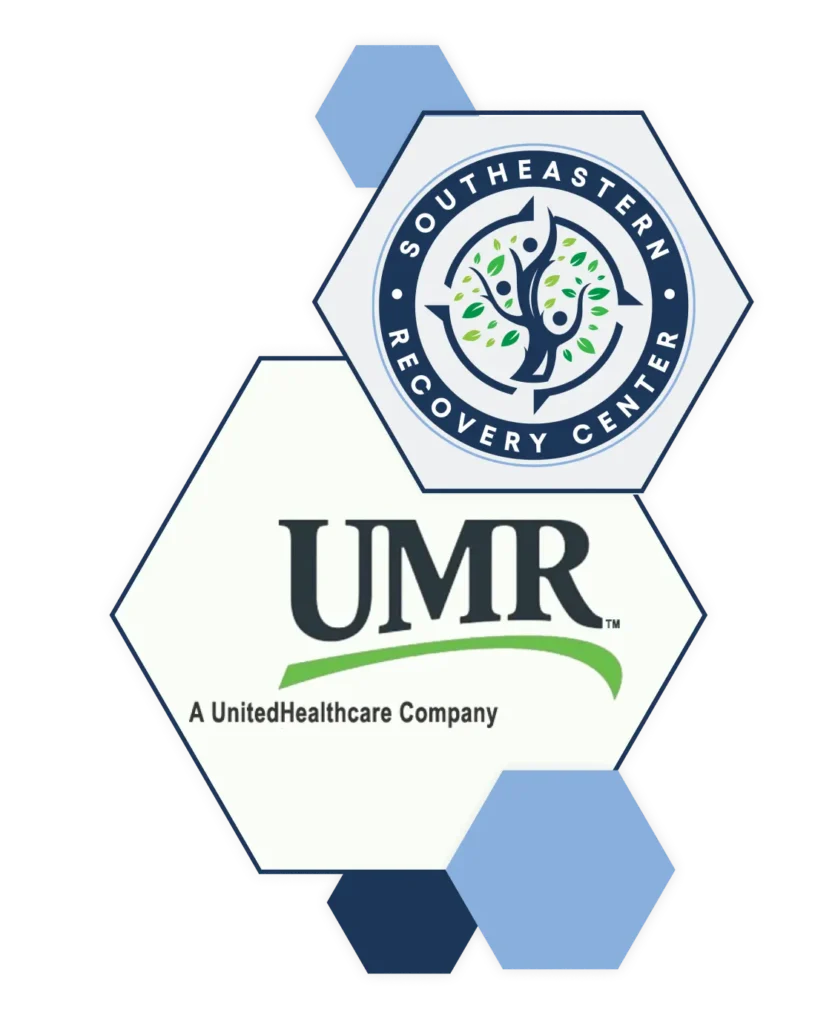Find out if addiction treatment in North Carolina is covered by your UMR Health Insurance Policy – or verify your insurance coverage with Southeastern Recovery Center now.

Yes, UMR covers both drug and alcohol rehab for addiction. According to the National Alliance on Mental Health (NAMI), nearly one in five adults in the United States experience mental illness each year – 1,469,000 of those are in North Carolina. Of the people experiencing mental illness in North Carolina, 44.8% of them did not receive treatment due to financial constraints. Unfortunately, this is the biggest obstacle for many North Carolinians looking for addiction treatment – but there are ways to pay for treatment, like with your insurance.
Part of the Affordable Care Act (ACA) included provisions that aimed to improve access to mental health services and insurance coverage for mental health conditions. Addiction is classified under the broader term “substance use disorder” in the Diagnostic and Statistical Manual of Mental Disorders Volume 5 (DSM-5), which is used in determining mental illness by insurance companies.
UMR is a third-party administrator (TPA) that provides various healthcare management services, including insurance claims processing, medical management, and other administrative services. It stands for “United Medical Resources” and is a subsidiary of UnitedHealthcare, one of the largest health insurance companies in the United States. UMR primarily serves self-funded employer health plans, managing their healthcare benefits and claims processing.
Here’s a detailed timeline of UMR:
UMR (United Medical Resources) is founded as a third-party administrator (TPA) based in Wausau, Wisconsin. It starts offering healthcare management services, primarily focusing on self-funded employer health plans.
UMR becomes a subsidiary of UnitedHealth Group, one of the largest healthcare companies in the United States. This acquisition strengthens UMR's position in the healthcare industry and expands its resources and capabilities.
UMR experiences significant growth and expands its presence across the United States, offering a wide range of services including insurance claims processing, medical management, and other administrative services.
UMR continues to innovate and adapt to changes in the healthcare landscape, introducing new technologies and solutions to improve efficiency, enhance member experience, and optimize healthcare outcomes.
UMR introduces telemedicine services as part of its offerings, allowing members to consult with healthcare providers remotely, thereby increasing access to care and reducing healthcare costs.
During the COVID-19 pandemic, UMR plays a significant role in supporting employers and members by implementing special programs and initiatives to address the unique challenges posed by the pandemic, such as expanding telehealth coverage and providing resources for mental health support.
UMR further enhances its digital capabilities, rolling out mobile apps and online tools to empower members to manage their healthcare benefits more effectively and access care conveniently.
UMR continues to evolve in response to changing healthcare needs and regulatory requirements, focusing on innovation, data analytics, and personalized solutions to drive better health outcomes and cost savings for employers and members.
As a TPA, UMR offers a range of health insurance plans and services to self-funded employer groups. While the specific plans may vary depending on the employer’s preferences, market demand, and regulatory requirements, UMR typically offers the following types of plans:
When reviewing your UMR insurance coverage, it’s important to understand key terms to make informed decisions about your healthcare and mental health benefits. Here are some important terms to know:

Premium: The amount you or your employer pays for your health insurance coverage, usually on a monthly basis.
Deductible: The amount you must pay out of pocket for covered healthcare services before your insurance starts to pay.
Copayment (copay): A fixed amount you pay for covered healthcare services at the time of service, such as a doctor’s office visit or prescription medication.
Coinsurance: The percentage of costs you pay for covered healthcare services after you’ve met your deductible. For example, if your coinsurance is 20%, you pay 20% of the cost while your insurance pays the remaining 80%.
Out-of-pocket maximum: The most you have to pay for covered services in a plan year. Once you reach this limit, your insurance pays 100% of covered costs.
Network: The group of doctors, hospitals, and other healthcare providers that have contracted with your insurance company to provide services at discounted rates. Using in-network providers usually results in lower out-of-pocket costs.
Out-of-network: Healthcare providers who do not have a contract with your insurance company. Using out-of-network providers typically results in higher out-of-pocket costs or may not be covered at all, except in emergencies.
Prior authorization: The process of obtaining approval from your insurance company before receiving certain medical services or treatments, usually for costly or specialized procedures.
Formulary: A list of prescription drugs covered by your insurance plan. Drugs are typically categorized into tiers, with different copayment or coinsurance amounts for each tier.
Explanation of Benefits (EOB): A statement from your insurance company that explains how your healthcare claim was processed, including what services were covered, the amount paid by your insurance, and any amount you may owe.
Preventive care: Healthcare services, such as screenings, vaccines, and check-ups, that are intended to prevent illness or detect health conditions early when they are most treatable. These services are often covered at no cost or with low out-of-pocket costs.
Lifetime maximum: The maximum amount your insurance company will pay for covered services over the course of your lifetime.

UMR’s insurance policies serve thousands of patients each year – but it doesn’t mean that terminology and verifying benefits has gotten any easier. When you are looking for addiction treatment, the biggest worry you may have is how the financial part of it works, but don’t worry, Southeastern Recovery Center is here to help.
Our staff is trained in handling your UMR insurance coverage questions and we even offer online verification of benefits. We try to make the process as easy and as transparent as possible – that way you aren’t held back by the cost of addiction treatment in North Carolina.
If you are ready to get started, give Southeastern Recovery Center a call to get started verifying your UMR insurance coverage for addiction and mental health treatment.
